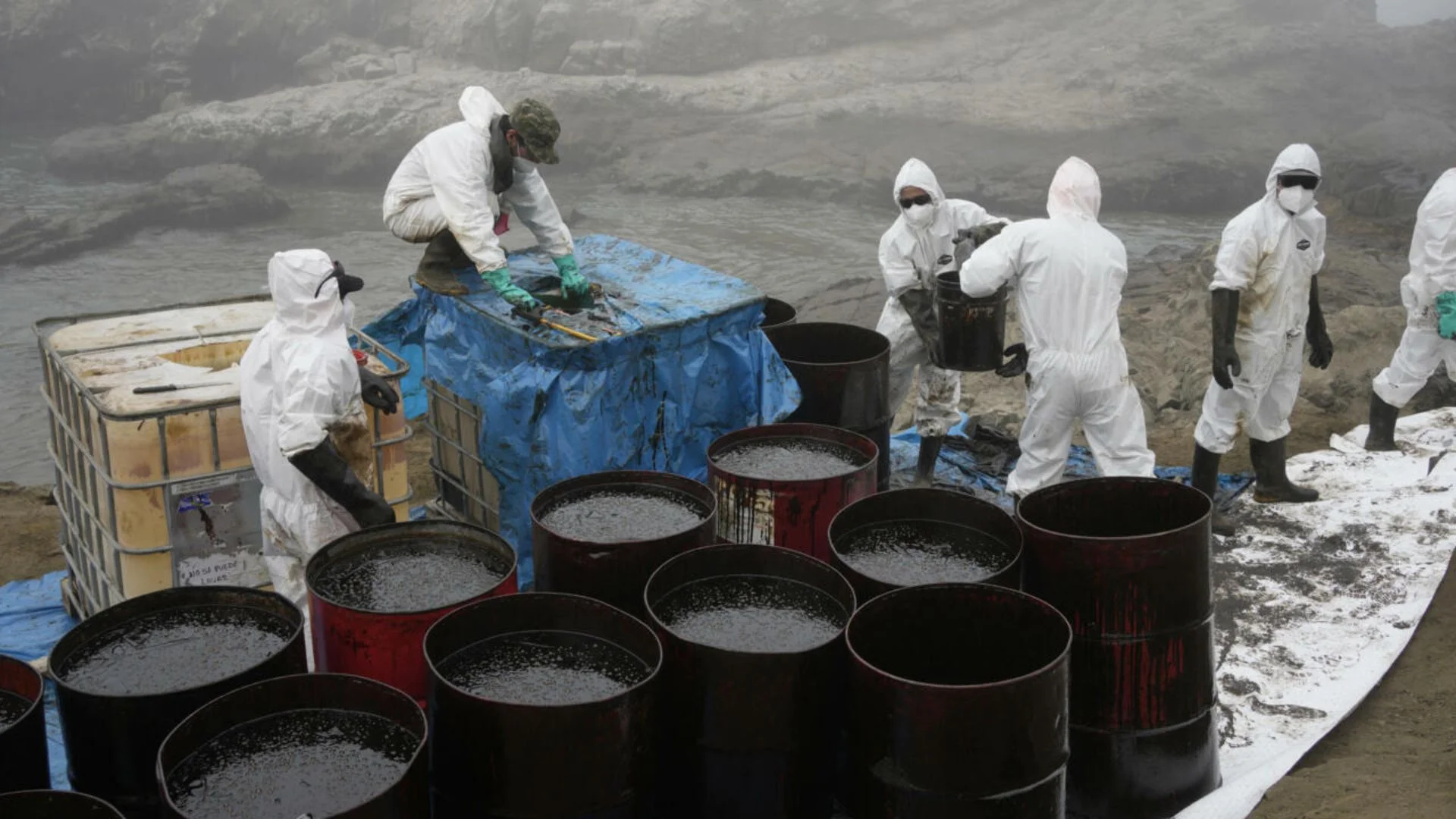Some of the popular onsen or hot spring resort cities in Japan have now started raising the so-called “bathing tax” for overnight visitors in efforts to finance conservation projects to preserve their invaluable natural resources. The move is against the backdrop of increased tourism, which has put added pressure on these geothermal waters considered a significant part of Japan’s cultural and economic scenery.
Raising Bathing Tax to Protect Onsen Resources
Cities like Beppu in Oita Prefecture, Hokkaido, and Shizuoka raised their bathing taxes in order to support efforts to conserve onsen water sources and ensure sustainable tourism. Starting at an initial rate of150 yen (£0.8), this tax has been increased to 300 yen (£1.5) or higher in some locations.
ALSO READ: Why Goa’s Tourism Is Losing To Thailand: What Is ‘Taxi Mafia’ That Is Going Viral
The rise is more pronounced in Shizuoka‘s Ito City, where the tax is expected to increase to 300 yen by October 2025 as a measure of dealing with low onsen water levels. In Hokkaido‘s Kushiro City, the overnight tax at onsen resorts has been increased to 250 yen and willbe raised to 300 yen. These increases are implemented to defend precious water resources from the excess usage growing in number tourists cause.
Economic Impact of Onsen Tourism
Onsen tourism plays a vital role in the local economy of these resort towns. Many towns and resorts are built around these natural geothermal baths, drawing millions of visitors each year. The income generated from onsen tourism supports a wide range of businesses, including hotels, ryokan (traditional inns), restaurants, and other service-related industries.
The hot spring water is not only an essential economic resource but also carries cultural significance. Onsens have been a part of Japan’s therapeutic and wellness traditions for centuries, with locals and tourists alike enjoying their soothing properties. However, increased usage, coupled with tourism, has led to concerns about the sustainability of onsen sources.
Conservation Efforts Amid Environmental Concerns
The rising bathing taxes are a direct response to environmental concerns raised by the overuse of Japan’s 27,000 onsen sources, many of which are located in volcanic regions. In 2020, several cities, including Noboribetsu and Toyako in Hokkaido, raised their bathing taxes to 300 yen, while Beppu City in Oita Prefecture implemented a progressive tax based on the cost of accommodation. Stays with room and board priced between 6,001 yen (£31) and 50,000 yen (£259) are taxed 250 yen, while stays exceeding 50,000 yen (£259) are taxed up to 500 yen (£2.6).
Experts, including Yutaka Seki from the Japan Onsen Association, have warned that without proper management and conservation, the environmental impact of mass tourism could severely damage these valuable resources. Seki has stressed the importance of sustainable use, stating, “It’s inevitable that the environment will be adversely affected if proper use isn’t taken into consideration.”
Balancing Tourism and Conservation
While the increase in bathing taxes may initially cause concern among tourists, these efforts are necessary to maintain the long-term sustainability of Japan’s onsen culture. The challenge now is to balance the influx of visitors with the need to protect these unique and valuable natural resources for future generations.
With these increased taxes, local governments hope to safeguard the delicate ecosystem around onsen areas, ensuring that the therapeutic benefits and cultural heritage of onsens continue to thrive alongside Japan’s booming tourism industry.














